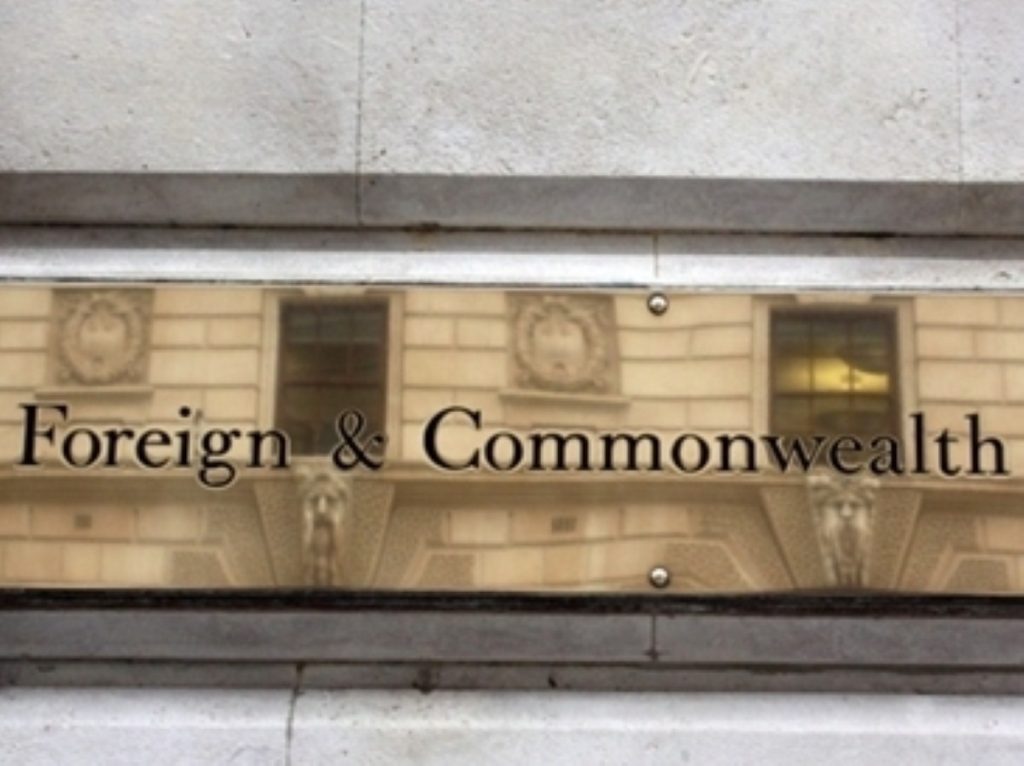Experts blast Foreign Office cuts
By Peter Wozniak
A report by a number of foreign policy experts has issued a damning verdict on the government’s strategic defence and security review (SDSR).
The LSE-published document argues against “starving” the Foreign Office of resources – and claims the government’s focus on big defence projects and international aid may be mistaken.
The authors, who include Sir Malcolm Rifkind, Lord Powell and Sir Jeremy Greenstock, insist that Britain’s diplomatic corps is the most cost-effective way of preserving UK influence.


The Foreign and Commonwealth Office (FCO) will have its budget cut by nearly a quarter over the spending review period, with all its activities re-focused to promote British business abroad.
Sir Malcolm warned that Britain risked diminishing its standing in the world by trimming embassies and high commissions.
“Everything must be done to protect this network, including its smaller missions, which provide tremendous value for money”, he wrote. “Closing them would send the erroneous signal that the UK is pursuing a policy of disengagement.”
The authors reserved much of their ire for the decision to go ahead with two planned aircraft carriers, arguing the legacy of overspend in the defence budget hadn’t been fully dealt with.
Sir Roderic Braithwaite, a former chairman of the joint intelligence committee wrote: “We want aircraft carriers and submarines.not because these things are essential, but because they feed our historical sense of national greatness.”
He added: “It is a posture driven by testosterone, not cold analysis.”
The increase in the international aid budget was also questioned by the experts, with Sir Richard Mottram, a former permanent secretary at the MoD writing that the government was “hemmed in by a commitment to international development expressed as a share of national income.and a legacy of over-commitment in the Ministry of Defence.”
The Department for International Development was the only department to see a dramatic rise in its budget in the spending review, in sharp contrast to the programme of trimming at the FCO.
Lord Powell said the FCO budget was being “absurdly skimped in recent times even though it is miniscule in relation to other areas of government spending”.
The report comes three days after a survey by the Royal United Services Institute (Rusi) showed 68% of the defence experts questioned thought the SDSR was a ‘lost opportunity’ to redefine Britain’s place in the world.
The defence budget escaped relatively lightly in the spending review with eight per cent cuts, but the SDSR was marred by the controversy over the aircraft carriers in particular.
The ships will go ahead, but will not be able to carry any aircraft until 2019, when the Joint Strike Fighter (JSF) comes into operation.
The immediate scrapping of current flagship HMS Ark Royal and the fleet of Harrier jump jets means that the UK will be without the ability to launch fixed-wing aircraft at sea for several years at least.
One of the new carriers will also be mothballed or sold after the second is launched.









